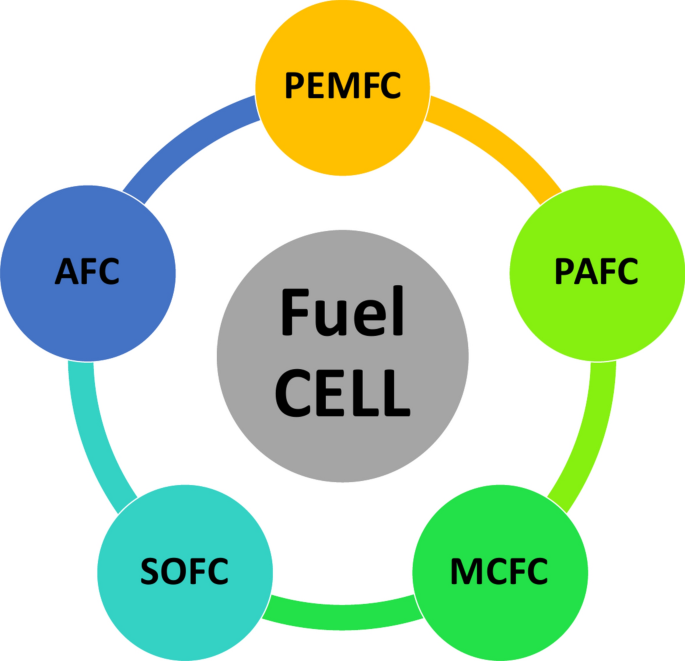Fueling the Future: Advancements in PEM Fuel Cell Technology
Key Ideas
- Hydrogen energy, with its abundance and environmental friendliness, provides a promising solution for the transition to cleaner energy sources.
- PEMFC technology, particularly in fuel cell vehicles, shows significant market demand and application prospects in industries like maritime and automotive.
- Improvements in mathematical modeling offer a cost-effective approach to evaluating PEMFC performance and system feasibility.
- Accurate determination of model parameters, material properties, and geometric factors are crucial for the efficient design of PEMFCs.
The article discusses the importance of transitioning to cleaner and non-polluting energy sources due to the increasing significance of energy security and environmental concerns. Hydrogen energy, known for its abundance and eco-friendliness, is highlighted as a promising alternative, especially with its high energy density compared to natural gas and crude oil. Fuel cell technology, particularly proton exchange membrane fuel cells (PEMFC), is emphasized for its environmental sustainability, energy efficiency, and rapid system response. The PEMFC technology, used in various industries like maritime and automotive, has shown substantial growth, with fuel cell vehicles reaching 51,437 units by the end of 2021. However, challenges such as high costs and durability limitations still hinder widespread adoption. The article also delves into the significance of mathematical modeling in assessing PEMFC performance, offering a more cost-effective and efficient approach compared to experimental methods. Accurate determination of model parameters, material properties, and geometric factors is crucial for the successful design and testing of PEMFCs. The PEM membrane's role in facilitating reactions in fuel cells is explained, showcasing the two main reactions that occur at the anode and cathode sides. Overall, advancements in PEMFC technology and mathematical modeling are crucial for the future development and widespread adoption of clean energy solutions.
Topics
Fuel Cells
Sustainability
Energy Efficiency
Clean Technology
Energy
Electrochemistry
Industry
Mathematical Modeling
Latest News
